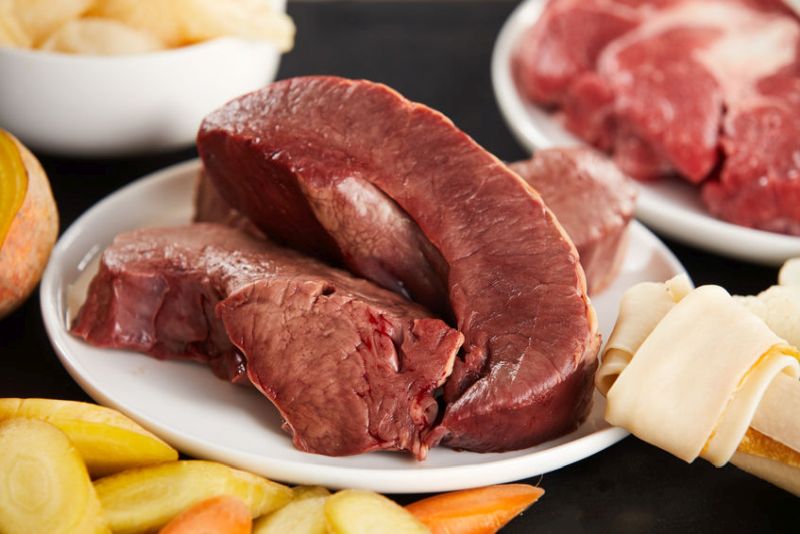
A month-long social media campaign has been created to promote the environmental and health benefits of eating British organ meats.
'Organuary' has been established by the charity Public Health Collaboration to promote the inclusion of organ meats within the average person's diet.
It comes as figures show offal sales in the UK declined by 13 percent in the last year.
Despite the lagging domestic front, the UK enjoys substantial export sales for offal.
Figures from HMRC for 2019 show a year-on-year sales increase of 14.1% to £138m.
The Association of Independent Meat Suppliers (AIMS) is one group which has announced its support for the initiative.
Tony Goodger, spokesperson for the group, said: “Organuary will help remind consumers of the great value for money as well as the environmental benefits which are derived from eating more of the animal.
“Organuary’s message is simple, ‘Minimise Waste, Maximise Nutrition’ to which we would add, ‘Eat More, Eat Better’.
“Eat more of the animal and eat better by ensuring that the offal you are buying is from UK Farm Assured stock,” Mr Goodger said.
The campaign is particularly keen to highlight the environmental benefits of buying British organ meats.
Speaking on behalf of Organuary, Sam Feltham said: “In the UK, livestock farming has a carbon footprint that is 2.5 times lower than the global average.
“This is partially because UK livestock are up to 90% grass fed and 85% of their water consumption comes from rainwater.
“Therefore, it is our view that if you buy standard British farmed organ meats, it’s potentially at least carbon neutral, if not a net benefit for carbon sequestration.”
Nutritionally speaking, liver is 'quite simply unbeatable', Dr Zoë Harcombe, author and public health researcher, explained.
She said that liver tops the charts for retinol, the form of vitamin A that the body needs, and most of the B vitamin group and iron, while providing valuable amounts of other micronutrients.
“If you want to win a nutrient contest, pick liver and you’ve won,” she said.
